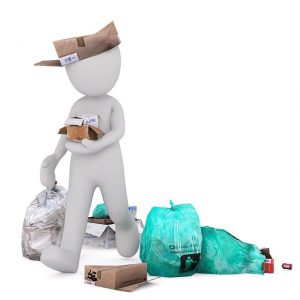 I reached a satisfying milestone when I put my first bin-bag of rubbish out to be taken to landfill/incineration in over six months. Yes, I’ve not put any rubbish out for the bin men to take away in six months – I’m an extreme Recycler!
I reached a satisfying milestone when I put my first bin-bag of rubbish out to be taken to landfill/incineration in over six months. Yes, I’ve not put any rubbish out for the bin men to take away in six months – I’m an extreme Recycler!
How did I do this? Are my home and garden overflowing with rubbish?
Absolutely not. Only a very few items have ended up in my bin – every other bit of waste has been recycled or reused.
Update:- 31.08.17. Since I first wrote this article, local authority recycling facilities have moved on. I’ve also moved from a house within the Birmingham City Council area to North Tyneside Council area. I’ve updated this article accordingly.
If you’re interested in reducing your waste too, then here are my tips on how to be an extreme recycler!
My Extreme Recycler Tips
When it comes to minimising waste, our regular household recycling includes:-
- Food Waste – Composted in our garden compost bin.
- Garden Waste – Composted or recycled fortnightly via our local authority recycling bin collection.
- Cans and Foil – Recycled fortnightly by our local authority recycling bin collection.
- Bottles and Glass – Recycled fortnightly by our local authority recycling bin collection.
- Paper and Card – Shredded paper is composted and other paper and card are recycled fortnightly by our local authority recycling bin collection.
- Plastic – Recycled fortnightly by our local authority recycling bin collection.
- Used Batteries – Recycled fortnightly by our local authority recycling bin collection or taken to the local supermarket recycling bins.
Recycling Carrier Bags
We store all our plastic carrier bags, crinkly item waste (such as clear vegetable packaging) and anything else resembling plastic carrier bags at home. Around once a month the container gets full and we then take them to our local Supermarket. Both Morrison’s and Sainsbury’s here in Tyneside have recycling bins for carrier bags.
Recycling Unwanted Packaging
We seem to generate a lot of unwanted packaging – packaging from parcels, jiffy bags and envelopes. Rather than sending these to landfill, we try to re-use them. When our stocks of items grow too big, we give them away to a good new home via Freegle.
Plenty of people want jiffy bags and bubble wrap, it seems!
That covers our “regular” waste, but what about those one-off items that we no longer need?
Recycling Postage Stamps
Used postage stamps have a value to charities. We tear the stamps off post we receive and then save them up in a container. Once per year, we send the used stamps off to The RSPB: Save The Albatross appeal. The RSPB turn the used stamps they receive into cash to help their cause.
For security purposes, we also shred the envelope (minus the stamp!) containing our address in a cross-cut shredder (we use a Texet CC612N 12L Cross Cut Shredder). Once per month, we empty the shredded paper into our garden compost heap — shredder paper is a useful addition to any compost heap!
Recycling Computer Equipment
Computer equipment, whether no longer needed through replacement, or ready for the scrap, are taken to a local charity who recycle them for reuse.
You can find more about computer recycling here and I’ve also written a guide on How to Ethically Dispose of IT equipment.
Organisations such as Computer Aid make good use of unwanted computers — so why would you send them to landfill, instead?
Recycling Garden Tools
When we recently cleared out our garden shed and garage, we found that DIY chain B&Q operates a community reuse scheme through all stores.
We were able to give old garden and DIY tools to our local B&Q store who distributed the items to benefit the local community.
Saving Water
I’ve even become more aware of the amount of water I use and started doing things like putting the plug in when running hot water, and using washing-up water to soak the house plants with.
We also have a water butt connected to a house drainpipe. I’d love a Grey Water system at some point.
Why Bother Recycling?
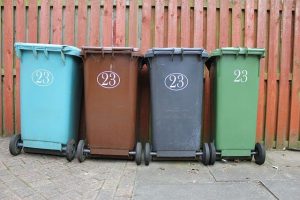
I’ve found that rather than being a pain, taking on this philosophy has made me happier (think of the warm glow you get knowing you are doing some good every day). It’s also made me more aware of the environment around me and has even saved me money as I’m more likely to think “Do I really need that?” when shopping. Fewer impulse purchases mean more money in the wallet!
I’m not about to grow a beard and wear sandals anytime soon – but I am enjoying being green.
How To Be An Extreme Recycler
You can find out more about how you can be more green by visiting the excellent http://www.recyclenow.com/

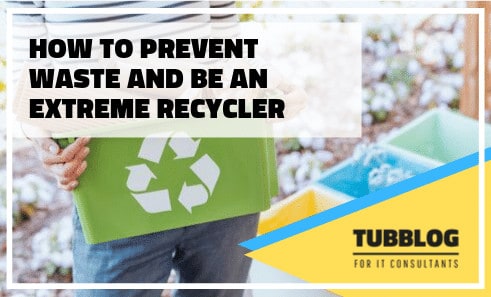




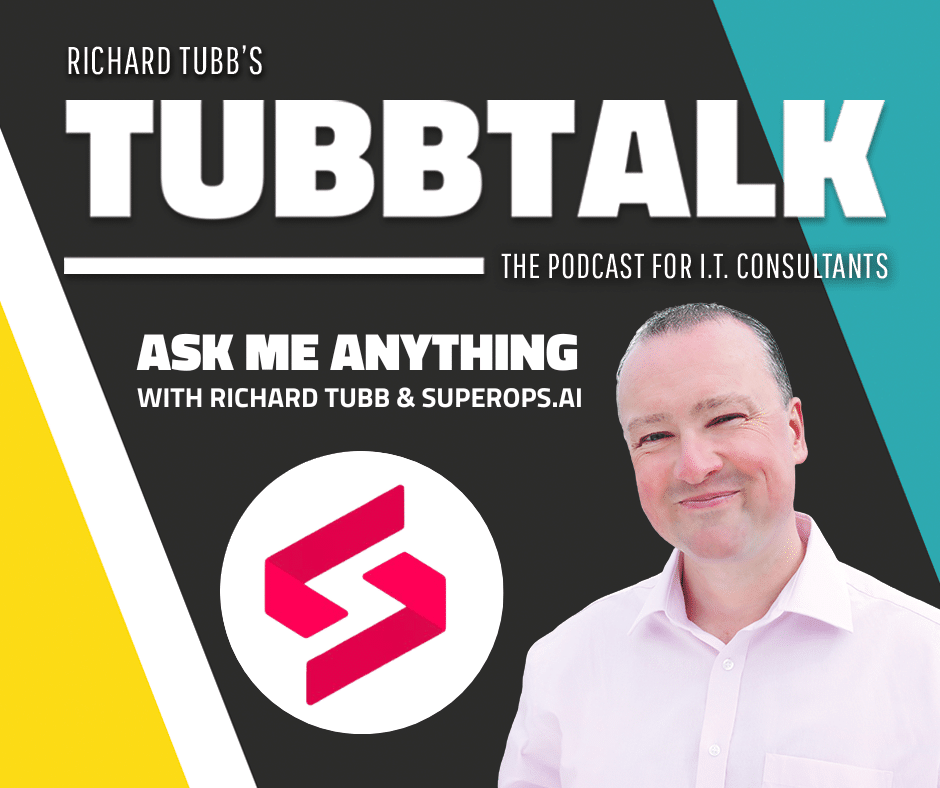
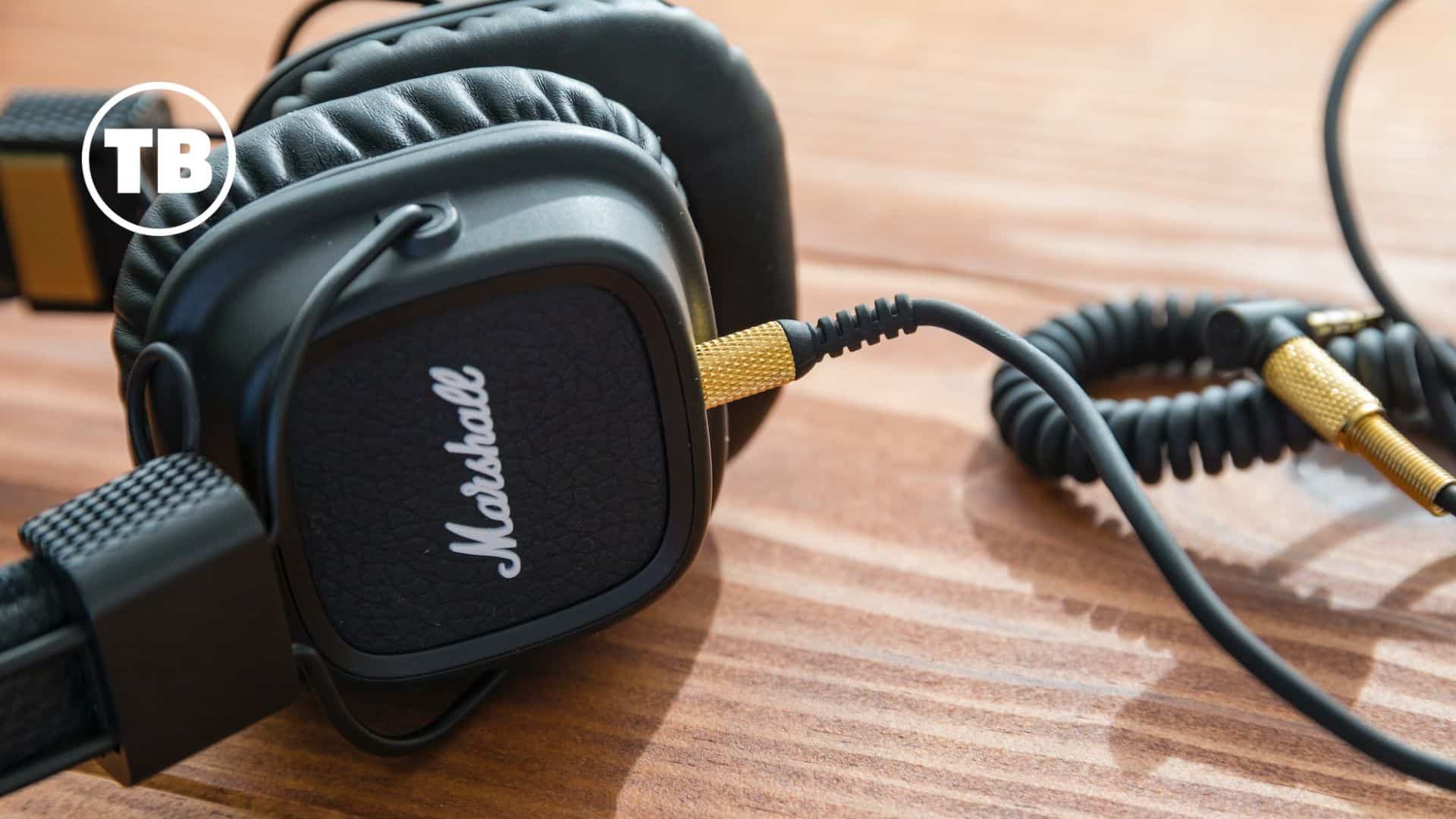

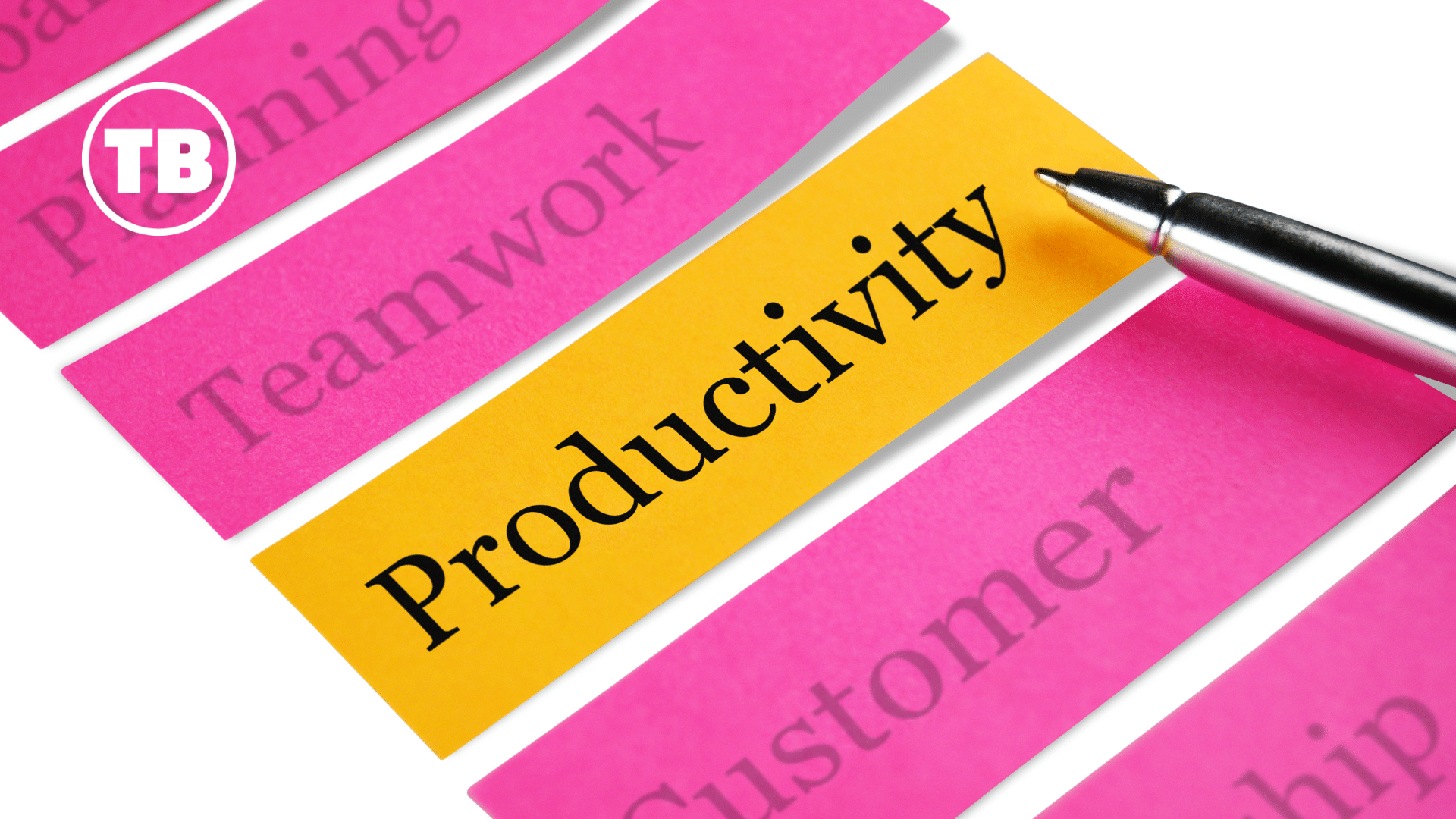
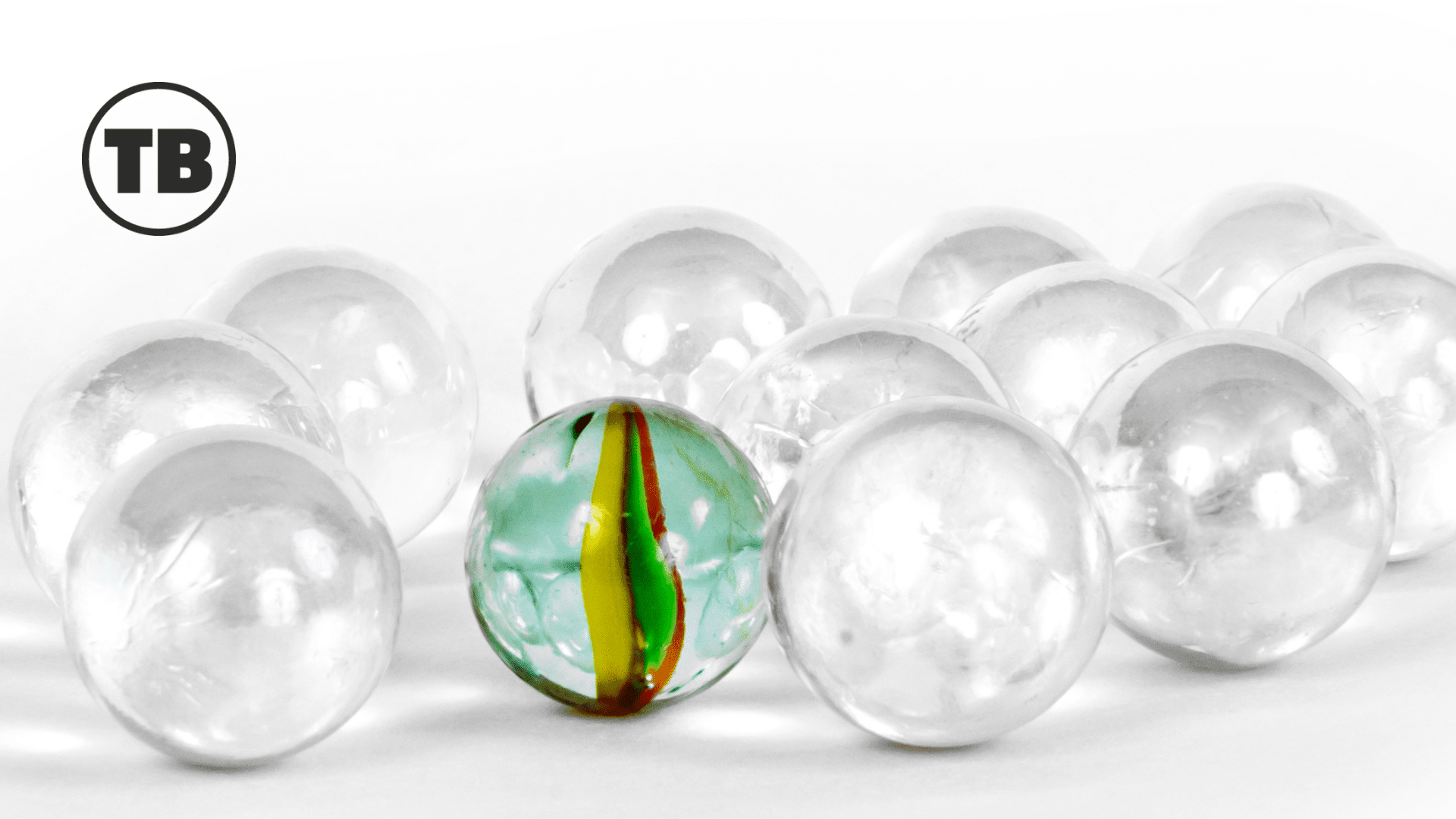

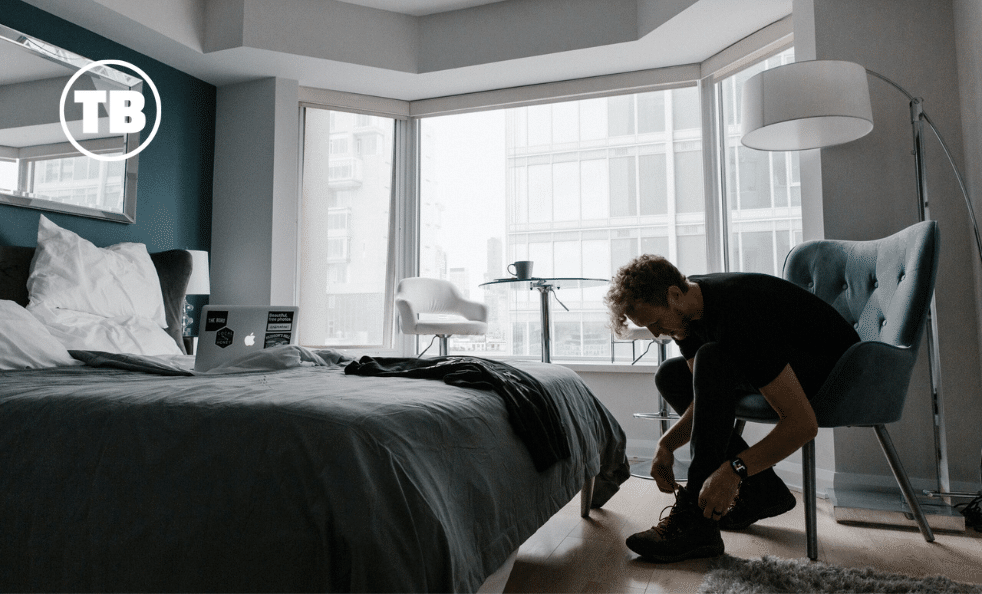
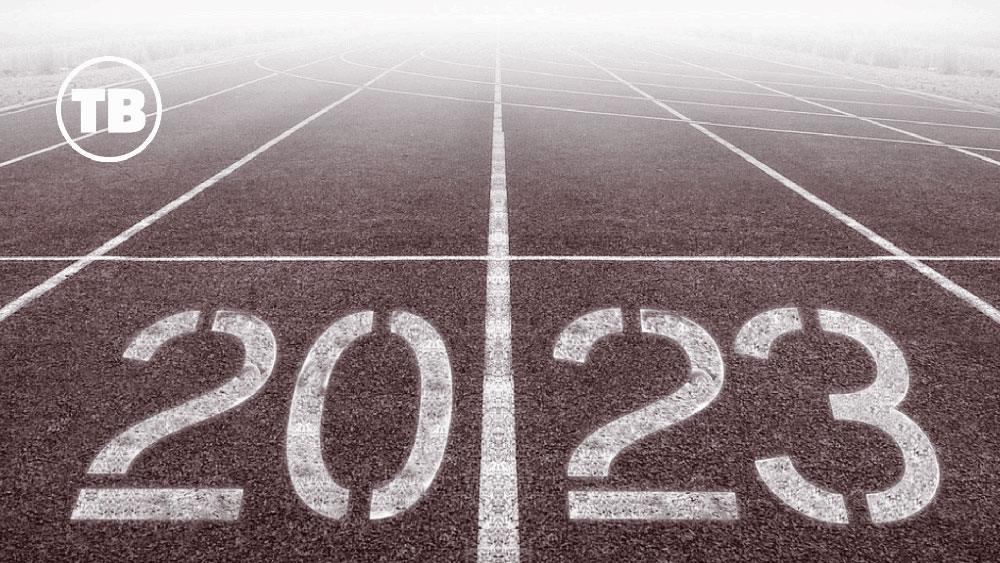

Comments